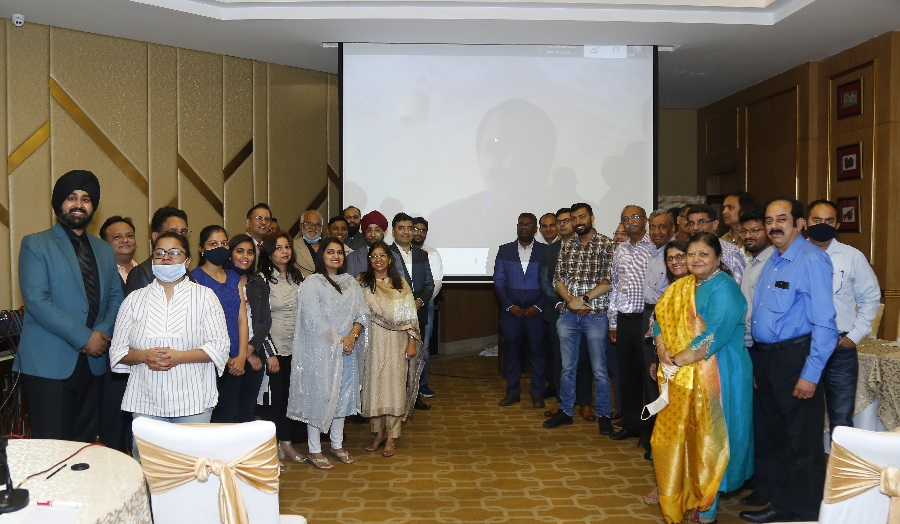A workshop co-organised by London Met’s Dr Anil Kumar investigated the major challenges to delivering a Circular Economy (CE) practices adoption in the Indian manufacturing industry.
Date: 6 August 2021
London Met’s Dr Anil Kumar, Dr Manu Sharma, and Indian research collaborator Dr Sunil Luthra recently organised a two-day workshop to investigate the major roadblocks of Circular Economy (CE) practices adoption in the Indian manufacturing industry, following the award of funding from Research England.
With funding of £5000, the workshop brought together experts from India, Turkey, the UK and the USA into dialogue with industry experts from public, private and government organisations, and more than 45 business professionals from the Indian manufacturing industry with expertise in CE.
The speakers focused on addressing barriers to the adoption of circular practices and how public and private manufacturing industries can work together to facilitate the transition to CE. The event built a new association of experts for longer-term collaboration and influence on sustainable practices, nationally and internationally.
Dr Kumar explains that, "According to the Ellen MacArthur Foundation, CE acts with a logic that, in addition to the achievement of sustainability in the production and consumption mechanism, facilitates reconstruction of the social and natural capital.
"CE is defined as ‘an industrial economy that is restorative or regenerative by intention and design.’ In a circular economy, economic activity builds and rebuilds overall system health. The concept recognises the importance of the economy needing to work effectively at all scales – for large and small businesses, for organisations and individuals, globally and locally.
"Transitioning to a circular economy does not only amount to adjustments aimed at reducing the negative impacts of the linear economy. Rather, it represents a systemic shift that builds long-term resilience, generates business and economic opportunities, and provides environmental and societal benefits."
As to why he focuses particularly on India, he continued, "India is an emerging economy. The contribution of the manufacturing sector in the country's economy is huge but the adoption of CE in this sector is in the very initial stage.
"Several roadblocks are creating obstacles in the pathway of the adoption of CE practices in the Indian manufacturing sector, for instance, weak economic incentives make it difficult for enterprises to implement CE in manufacturing, technological limitations by tracking recycled materials, knowledge, and skill roadblocks etc."
At the workshop, in addition to a workshop and presentations from academic and industry experts, four brainstorming sessions were conducted to explore the roadblocks, potential solutions to overcome the issues identified, and the role of cross-collaboration in the adoption of CE practices in the Indian manufacturing sector.

